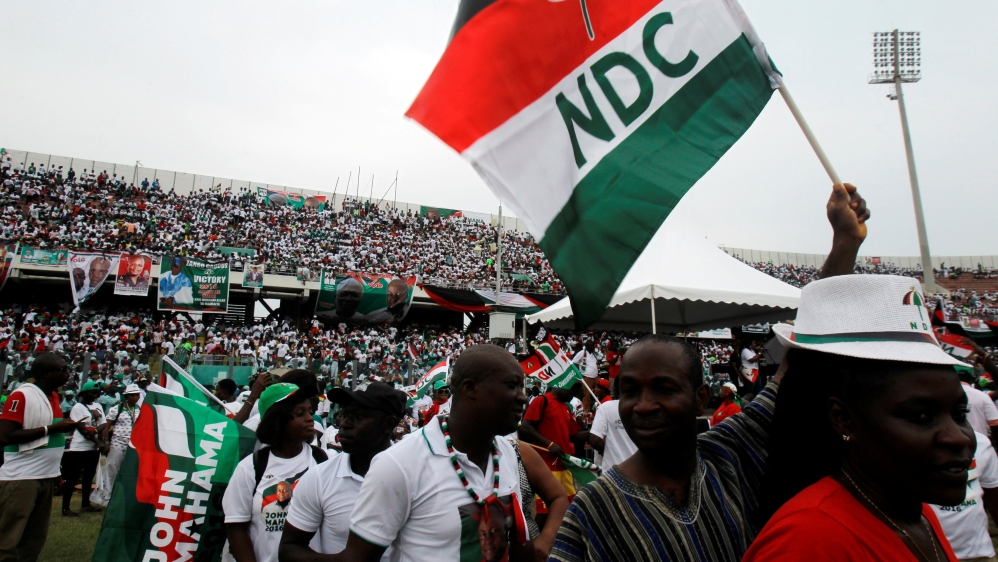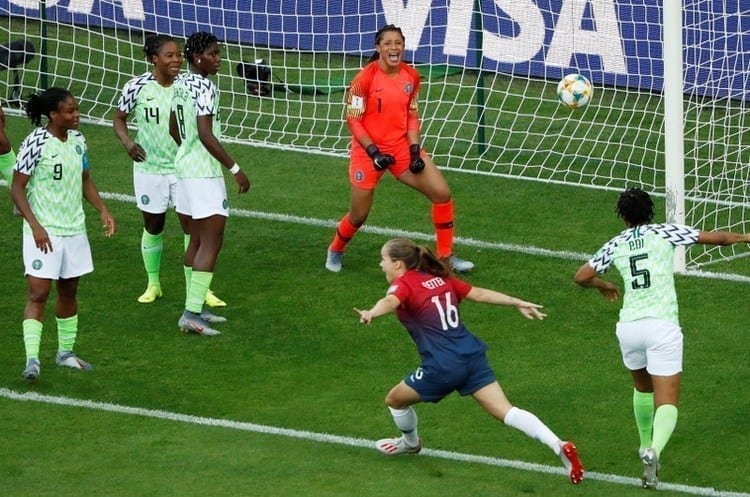Hajia Alima Mahama[/caption] A leading member of the New Patriotic Party (NPP), Gabby Asare Otchere-Darko has revealed that attempts by the then-candidate Akufo-Addo to choose a woman as his running mate was met with protests by powerful women’s groups of the political party. Weighing in on the debate that has greeted President Nana Addo-Dankwa Akufo-Addo’s recent comment that there has not been enough dynamism in the gender parity agenda of the country, Mr Otchere-Darko said two groups; the women caucus of the NPP in Parliament, women organizers of the party lobbied against the choice of Hajia Alima Mahama as running-mate in 2008. He recalled a ‘disheartening and scary” moment where two buses filled with NPP Women Organisers from across the country parked in front of the candidate’s house in East Legon to lobby him against the choice of a woman as his running mate. Mr Otchere-Darko’s Facebook post reads: “A little uncomfortable history to chew on. Me and my big mouth. “When in early 2008, the presidential candidate of the NPP, Nana Akufo-Addo, hinted to the powers within his party that his first choice for running mate was the Minister for Women, Hajia Alima Mahama, the biggest organised opposition came from women, principally, two powerful women groups: (1) the women caucus in Parliament (2) women organizers of the party. In fact we woke up one morning with two big buses load of Women Organisers across the country parked in front of the candidate’s house in East Legon to lobby him against the choice of the woman. Frankly, it was disheartening and scary. Extremely. “In 2014/15, the same presidential candidate put on the party’s agenda how to aggressively ensure that women are selected for winnable seats. But, other pressing intra-party issues at the time derailed that important move. I hope the party will put it back on the table”. Background Contributing to a panel discussion on the topic: “Power, Progress, Change”, at the Women Deliver 2019 in Vancouver, Canada, last Monday, Akufo-Addo said, despite the majority being women in Ghana, not much political action had been witnessed in their push for greater inclusion in Ghana’s political administration. “Fifty-two per cent of the population are women,” he said, adding that “these statistics should count, but that will only happen when women sit round the table where the decisions are made.
“If women don’t, for instance, put themselves up to be elected as candidates, then it is difficult to have a majority of them as ministers because at least half of my ministers, per the Constitution, must come from the legislature”. Source: Daily Graphic | Ghana]]>NPP women rejected choice of Hajia Alima as running mate – Gabby
Reading Time: 3 mins read
Recent Posts
- NPP accuses NDC of lawlessness, demands urgent re-collation by EC in disputed constituencies
- Anytime there’s vigilance, NDC wins – Malik Basintale
- Akufo-Addo statue in Takoradi suffers partial damage amid controversy
- Current financial year proving challenging for COCOBOD – IMF
- Agona West NPP expels Regional Minister, 282 others for anti-party activities
- Cholera outbreak in Western region claims 14 lives, over 800 cases recorded
- Sabotage allegations rock NDC in North Dayi: Akua Sena Dansua et al fingered
- “Re-collation and re-declaration” of winners at Police Training School in Accra illegal – NDC to EC
Popular Stories
-
Agona West NPP expels Regional Minister, 282 others for anti-party activities
-
Akufo-Addo statue in Takoradi suffers partial damage amid controversy
-
Current financial year proving challenging for COCOBOD – IMF
-
Anytime there’s vigilance, NDC wins – Malik Basintale
-
NPP accuses NDC of lawlessness, demands urgent re-collation by EC in disputed constituencies

ABOUT US
Newstitbits.com is a 21st Century journalism providing the needed independent, credible, fair and reliable alternative in comprehensive news delivering that promotes knowledge, political stability and economic prosperity.
Contact us: [email protected]
@2023 – Newstitbits.com. All Rights Reserved.
















